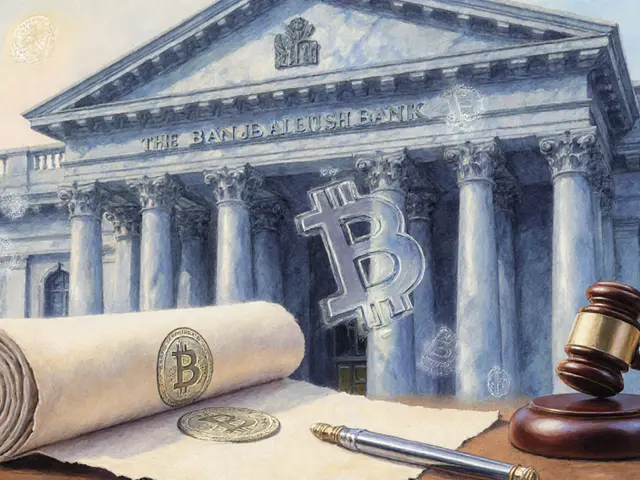South African Crypto Exchange Guide
When working with South African crypto exchange, a platform that lets South African users buy, sell, and trade digital assets while complying with local rules. Also known as SA crypto exchange, it bridges local fiat currency and global crypto markets. South African crypto exchange options differ in fees, security, and how they meet the Financial Sector Conduct Authority the regulator that enforces crypto licensing in South Africa requirements.
Choosing a platform isn’t just about a slick UI. You need to understand cryptocurrency regulation, the set of rules that dictate how exchanges must protect users, report transactions, and prevent fraud. Those rules shape everything from KYC onboarding to how quickly you can withdraw to a local bank. A well‑regulated exchange will usually hold a license from the FSCA, offer transparent fee structures, and have audited security practices.
Key Factors to Evaluate
First, look at exchange fees. Some platforms charge a flat percentage on trades, while others add network fees on top of the spread. Compare maker‑taker rates, deposit costs, and withdrawal fees to see which model fits your trading style. Second, security matters. Check if the exchange uses cold storage for the bulk of its assets, offers two‑factor authentication, and has a history of no major hacks. Third, liquidity is crucial; a local exchange that partners with global order books will give you tighter spreads and faster execution.
Another important piece is the fiat on‑ramp. The best South African crypto exchanges integrate with local banks, allowing you to fund your account via EFT or instant ZAR transfers. This reduces friction and helps you stay compliant with tax reporting obligations. Finally, customer support can make or break your experience. Look for platforms that provide live chat, phone support, or a responsive community forum, especially if you run into verification issues.
All these elements—regulatory compliance, fee transparency, security protocols, fiat integration, and support—interlock to create a trustworthy trading environment. By weighing each factor, you’ll be able to pick an exchange that not only meets legal standards but also aligns with your budget and security expectations.
Below you’ll find a curated list of articles that dive deeper into specific South African exchanges, compare fee structures, and explain the regulatory landscape, giving you actionable insights to make an informed decision.

An in‑depth 2025 review of VALR crypto exchange covering fees, security, features, user experience and how it stacks up against global rivals.
Jonathan Jennings Mar 14, 2025




